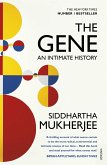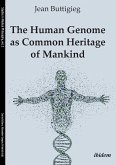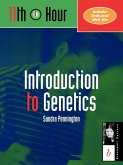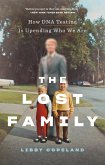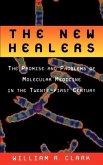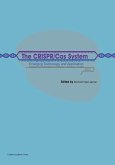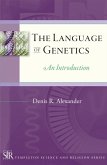Genetics, DNA, and Chromosomes: Basic Concepts Genetics is the science that studies the nature, structure, and function of genes in living organisms. DNA and chromosomes are the central concepts of genetics. DNA is a type of substance that contains genes in living organisms. It is also known as deoxyribonucleic acid. DNA is shaped like a double helix, which consists of two parallel strands. The bases of these strands code for genes. Chromosomes contain small pieces of DNA. They are found in the cells of living organisms. Chromosomes store genes and determine genetic relationships. Before we can understand the basic concepts of genetics, we need to understand some basic terms. · Gene is a small unit that determines traits in living organisms. · Mutation is a change in a gene. · Recombination is the changes that occur between two genes. Basic Concepts of Genetics Structure of DNA DNA is a substance that consists of deoxyribose, phosphate, and four types of bases. These bases are called adenine (A), guanine (G), cytosine (C), and thymine (T). The double helix shape of DNA is formed by strong bonds between these two bases. A is always paired with T, and G is always paired with C. Genes A gene is a segment of DNA that codes for a specific trait. Genes are made up of a sequence of bases. The sequence of bases determines the structure and function of a protein. Proteins are the molecules that carry out most of the functions in a cell. Mutations A mutation is a change in the DNA sequence of a gene. Mutations can be caused by environmental factors, such as radiation or chemicals, or by errors in DNA replication. Mutations can have a variety of effects, including changing the structure or function of a protein. Recombination Recombination is the process of exchanging genetic material between two chromosomes. Recombination can occur during meiosis, a type of cell division that produces gametes. Gametes are the sex cells, such as sperm or eggs.

